Part 1. Depression.
My art always comes from my pain and experiences. It used to be dance, now it's photography.
This project, "Upside down", is about mental disorders.
I came up with this project four years ago because it's a topic that needs to be talked about and cannot be silent. But I stayed silent.
I stayed silent and was afraid to ask for help when I was 16 and started having panic attacks. I stayed silent because I was afraid of being stigmatized.
I stayed silent when I felt endless pain and loneliness, crying in the bathroom in March 2021.
But I dared to tell my friend that something was clearly wrong with me. I was able to share with my husband that suicidal thoughts (not intentions) had settled in my head. I went to a psychiatrist without being afraid of being judged for wanting to feel good.
I have post-COVID depression. (my diagnose at the moment of start of project)
Spoiler alert: this was just the beginning of bipolar disorder.
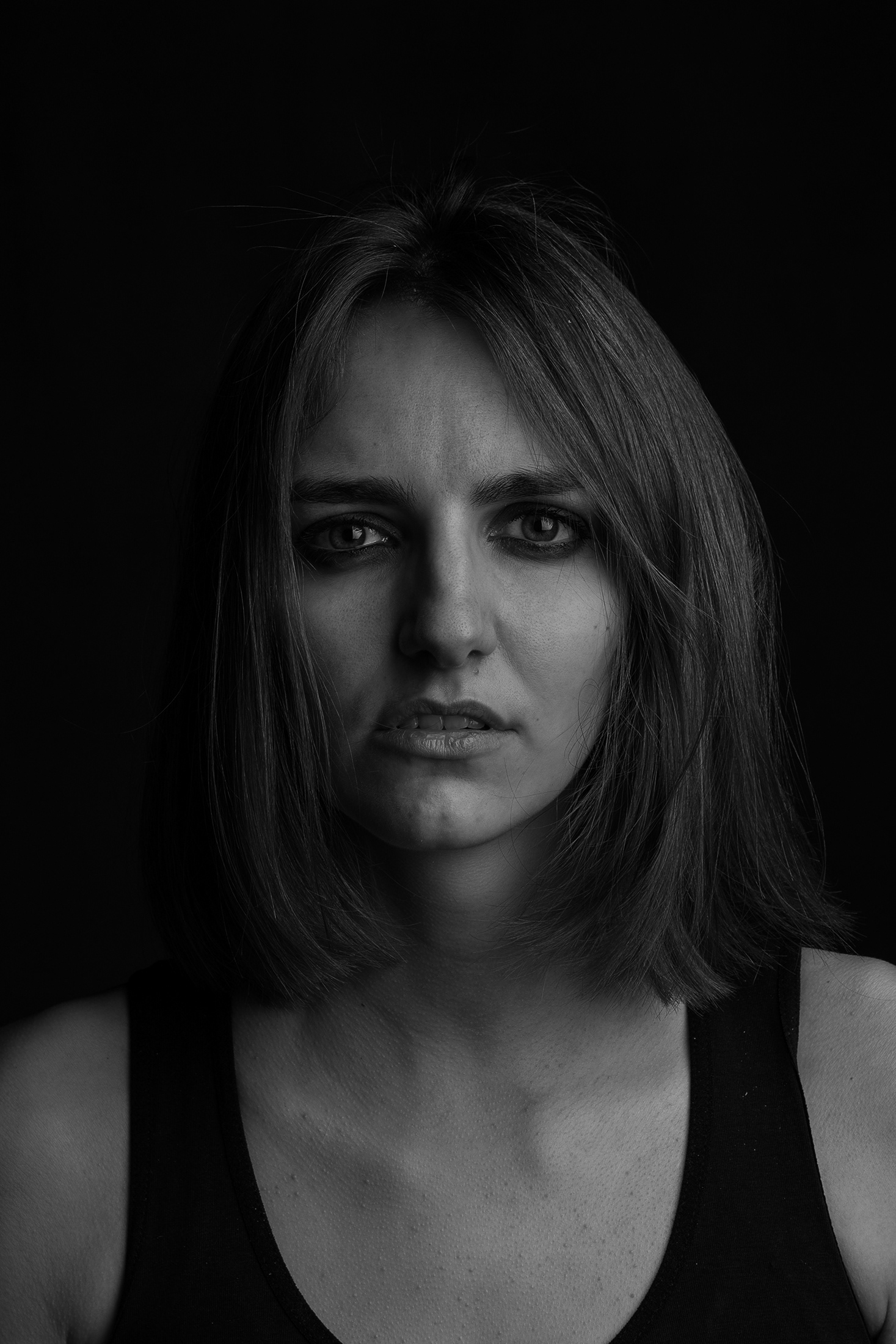
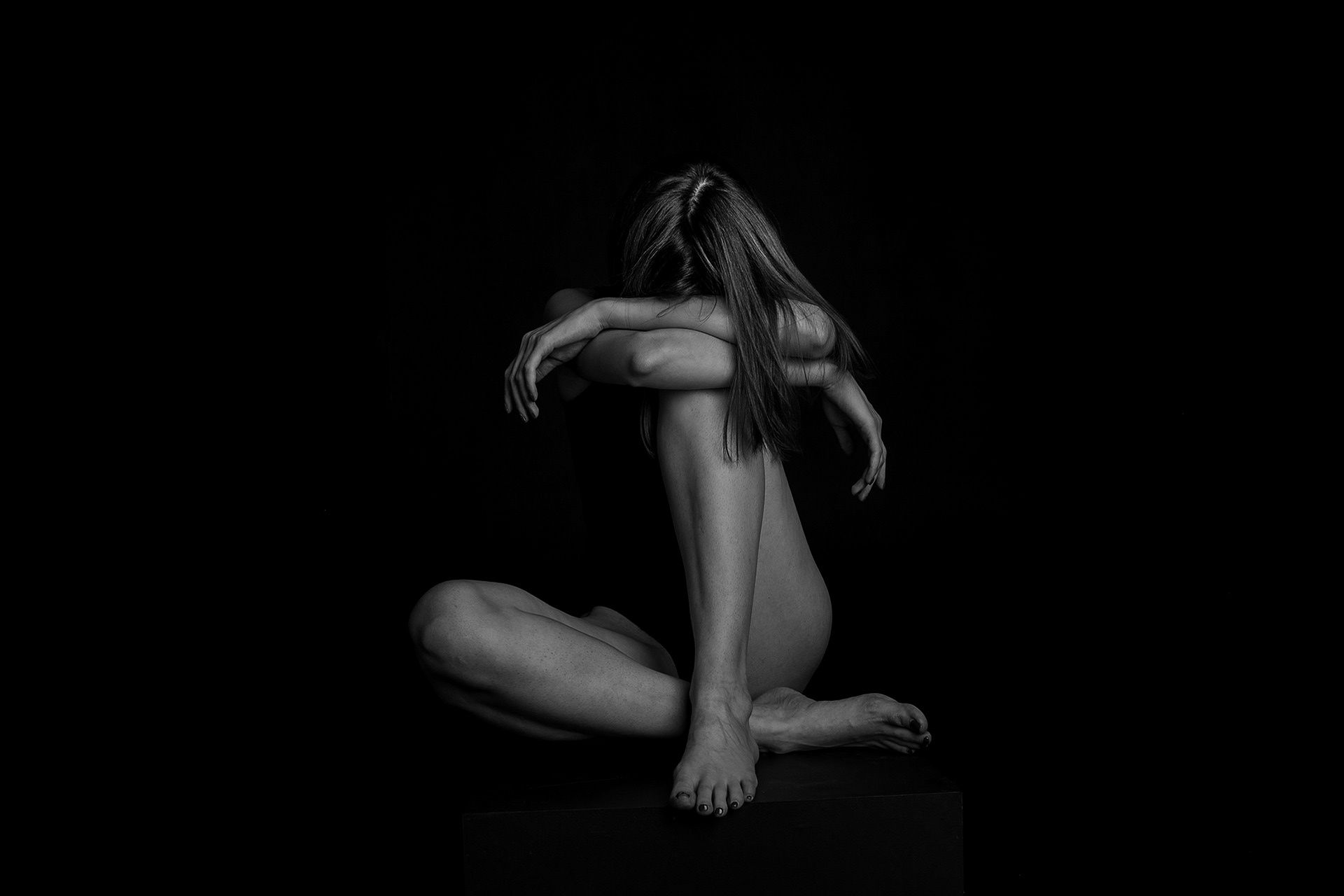
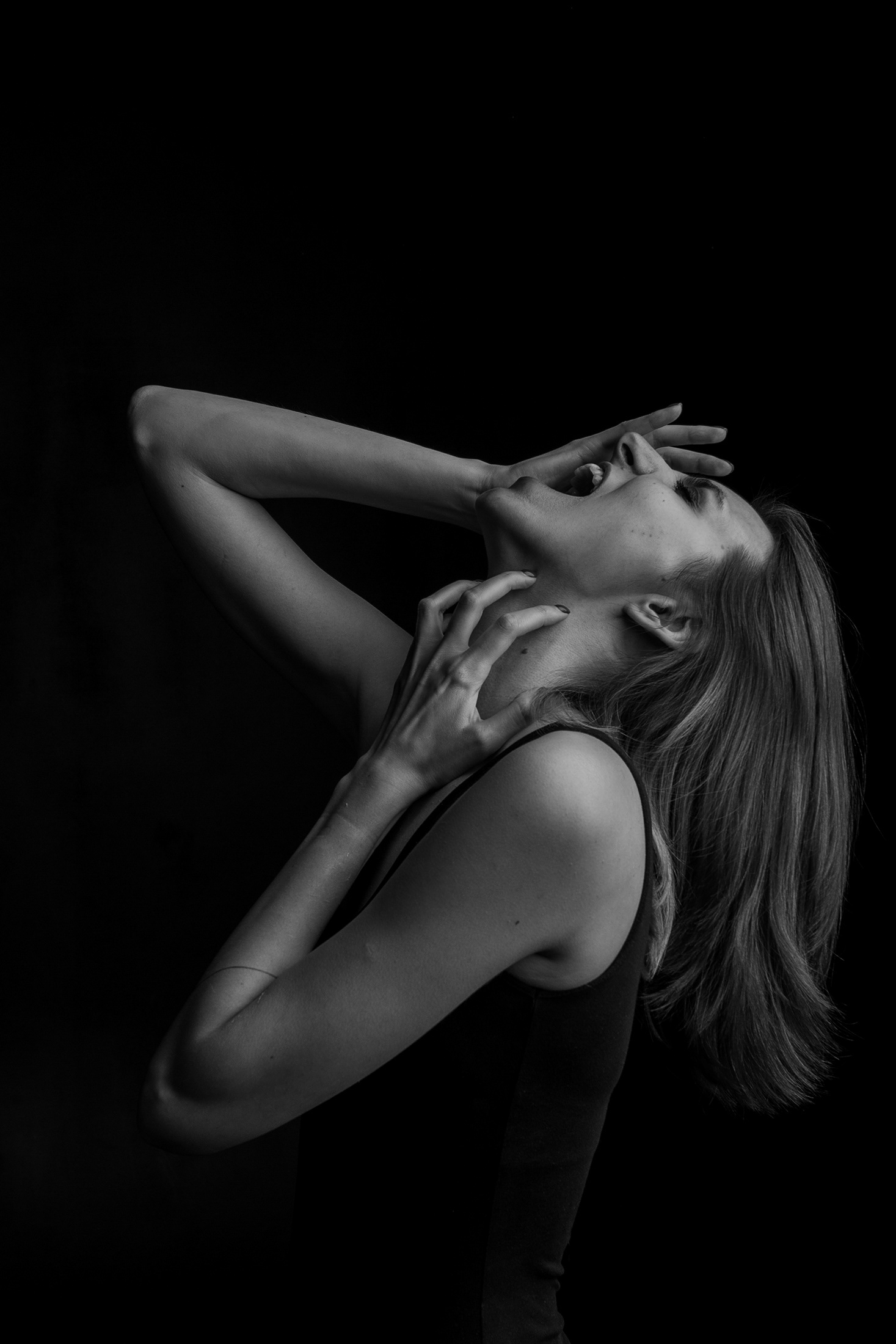
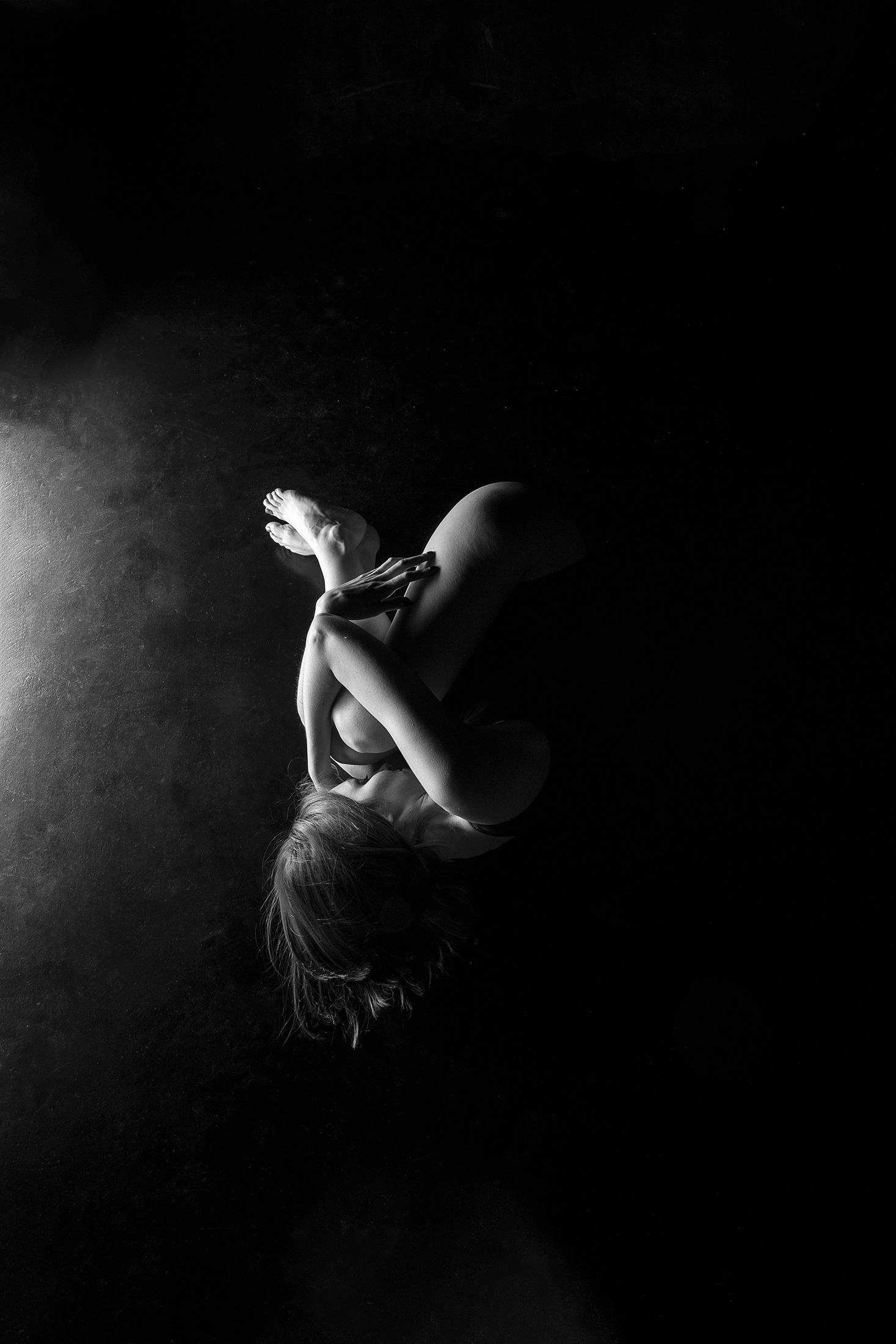
I will no longer be silent. It's time to speak and take action.
People ask me how I realized I had depression. I didn't understand at first. I was just in a lot of pain, very lonely every second alone with myself, and all my energy was spent trying not to cry. Then I decided to read about the symptoms of depression, but they didn't seem similar to what I was experiencing.
It was my friend who was diagnosed with depression, and it was her I finally mustered the courage to ask: what's it like, where does it start? It's Nastya in these shots.
From Nastya:
In depression, it seems there is no way out, just pitch darkness. Everything is meaningless, nothing is desired or interesting. Negative thoughts constantly swirl in the head. You lie there, unable to do anything, constantly wanting to cry, whether there's a reason or not, it doesn't matter; you just cry. It seems like there's only one emotion: infinite sadness or grief, or both at once.
It was hard for me, and I never want to go back to that pit. It's scary there. Life is meaningless, and there's nothing to grab onto to climb up towards the light. There's only you and this vast pit of emotional pain and sadness.
Most importantly, when a ray of hope does shine through (and it will), and your thoughts become a bit clearer, seek help from friends, a psychologist, or a psychiatrist. It's important not to be silent.
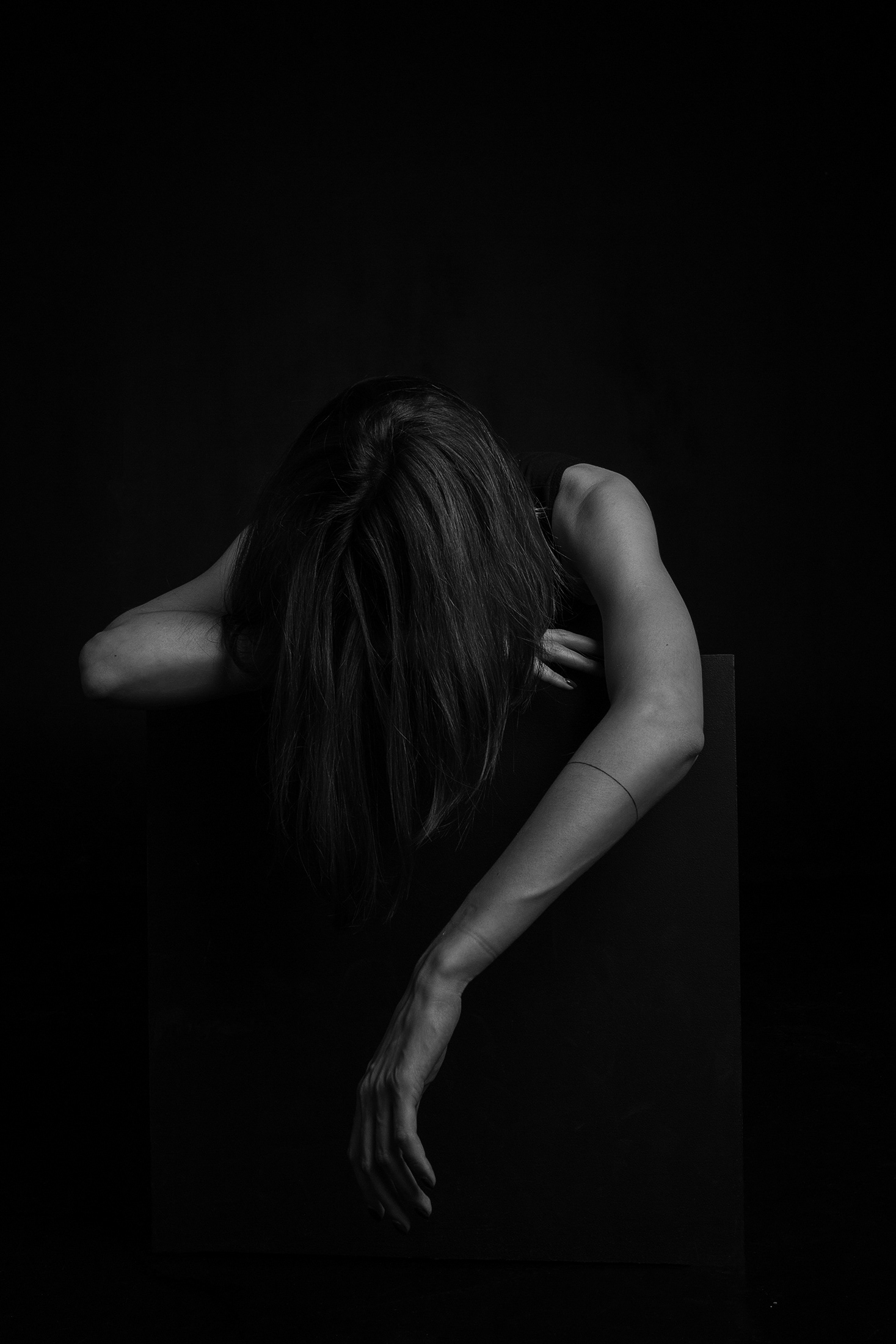
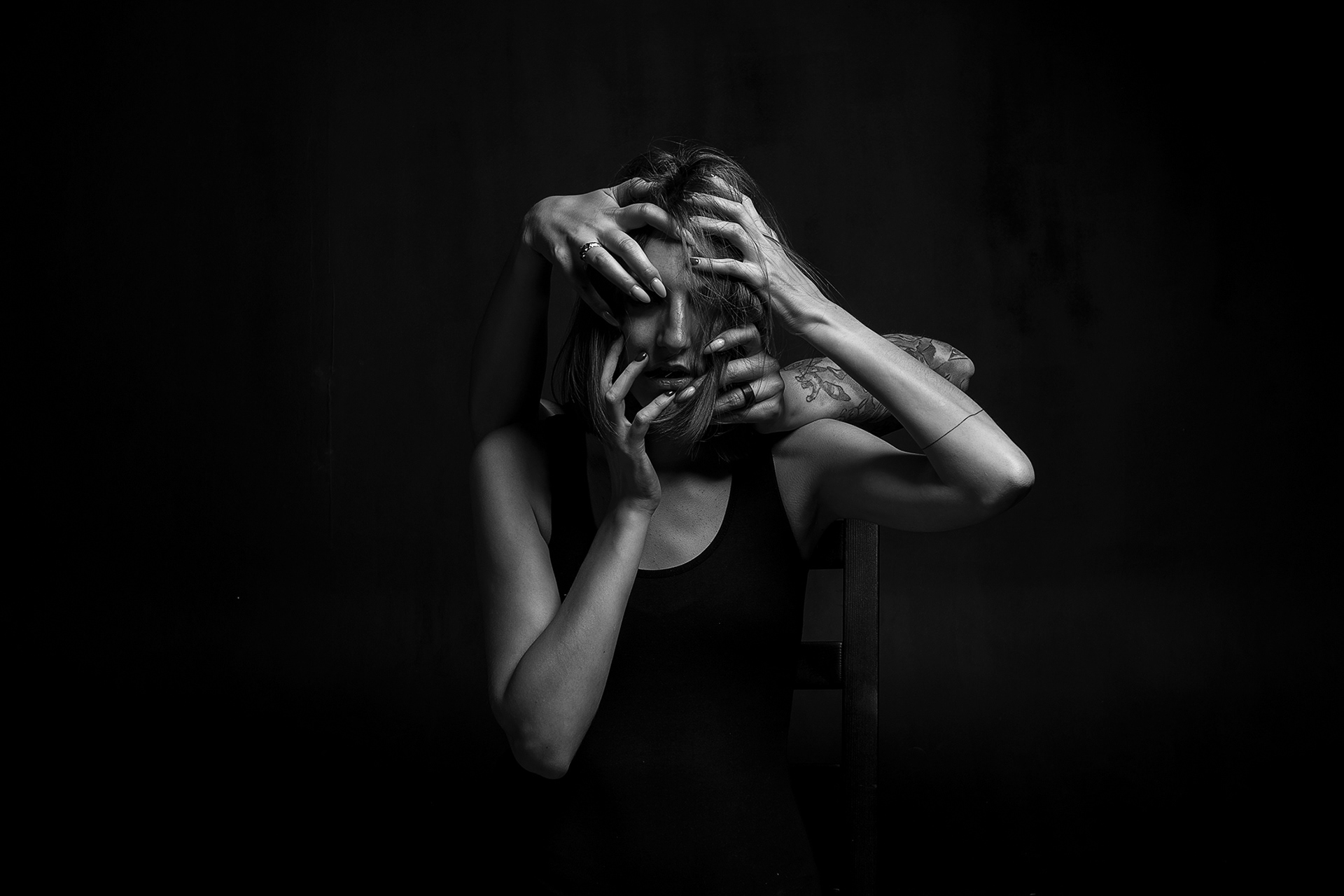
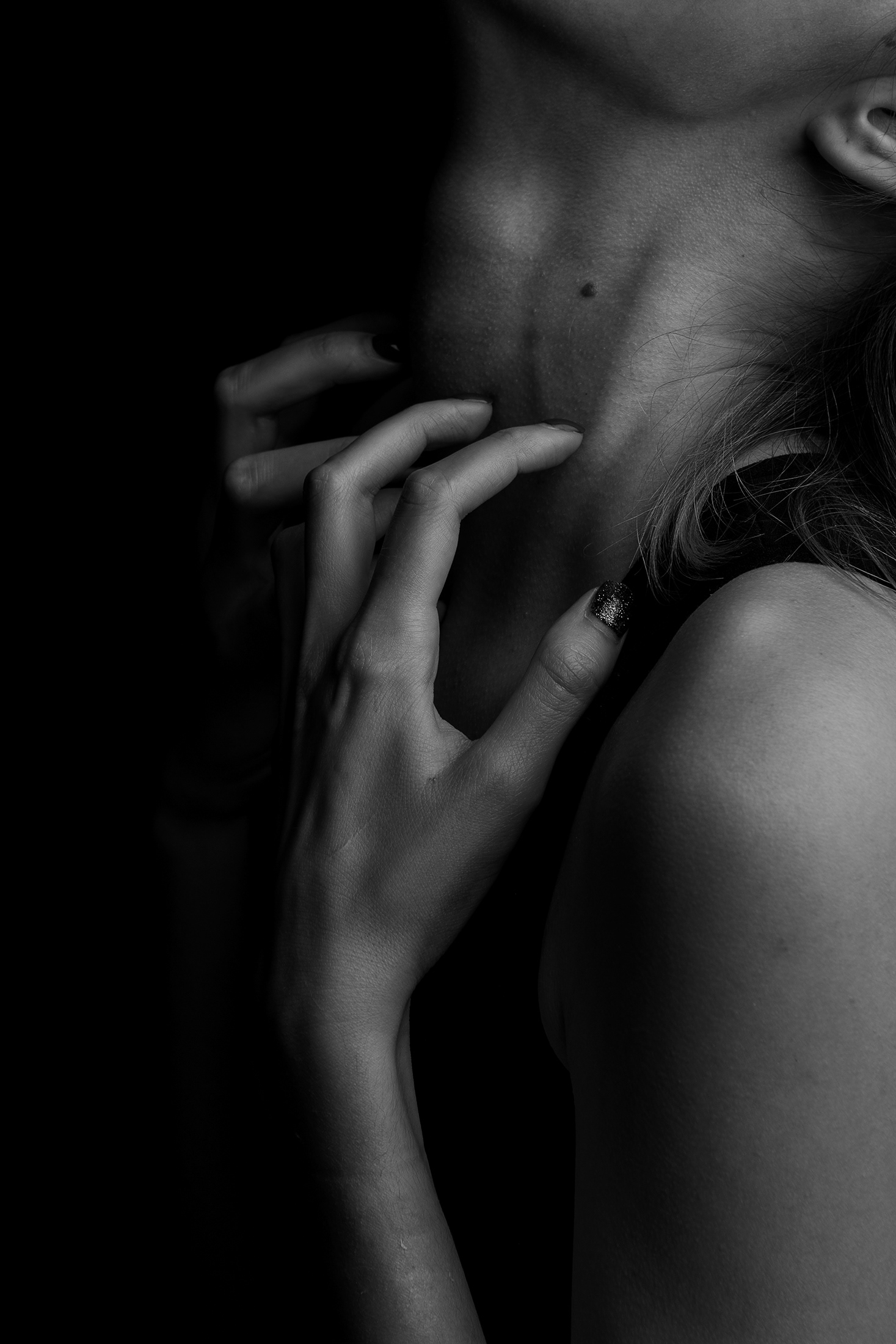
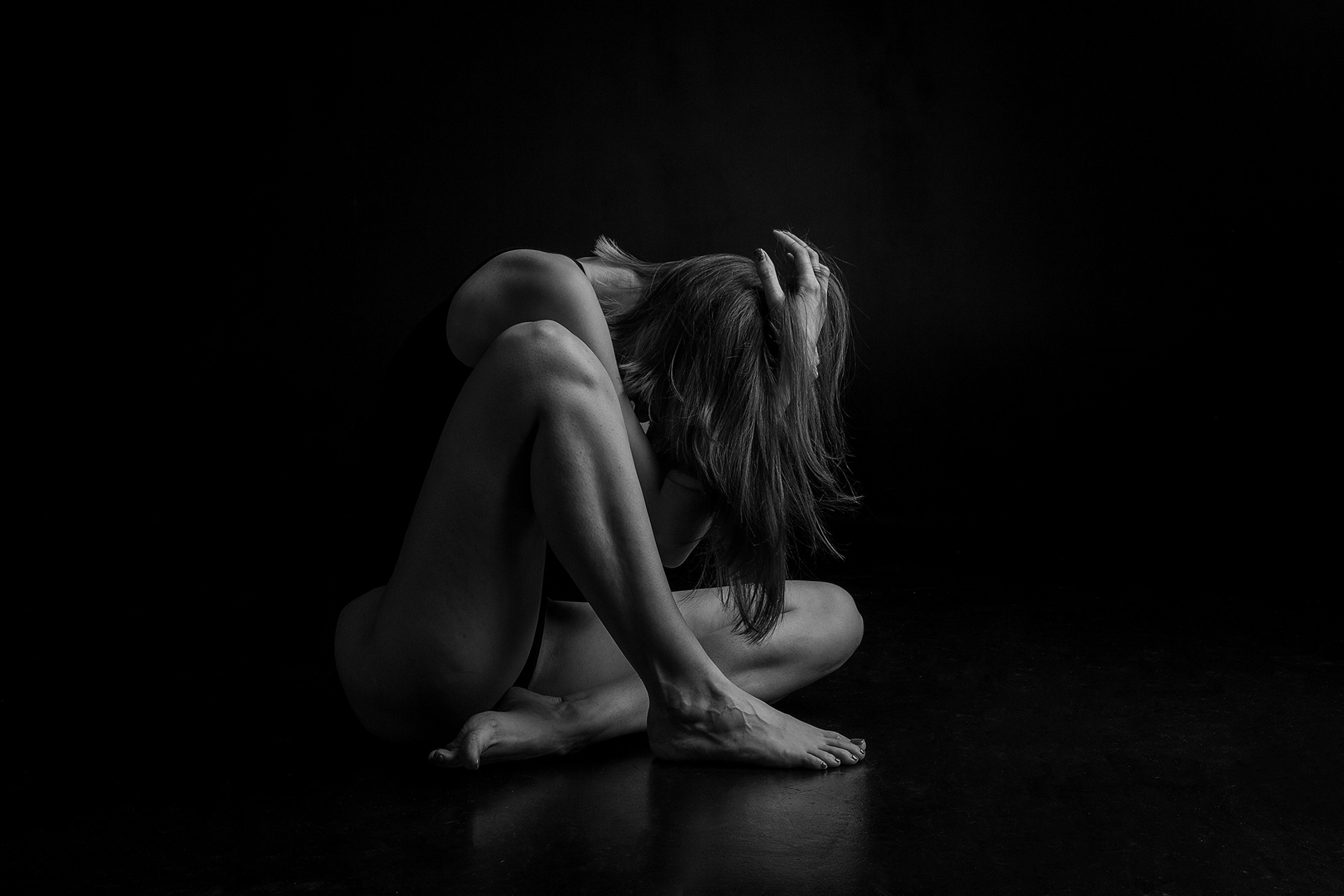
Part 2. Bipolar Affective Disorder.
It's very difficult for me to continue, it requires a lot of strength, and most importantly, a lot of honesty.
In March 2021, I was diagnosed with post-COVID depression. And I tried not to identify with my diagnosis, it was easier that way.
In July 2021, I found the strength and energy to start this project, to talk about it, write about it, film it. I found the strength to accept myself, love myself, and be happy. Very happy.
That's when I met mania.
My treatment was adjusted, but the diagnosis slipped away from me.
In December 2021, my psychiatrist told me that I have Bipolar Disorder. It was scary to hear, I was afraid of it because it's something that you have to live with, and it's a part of me.
Another diagnosis that came to me in December was an eating disorder.
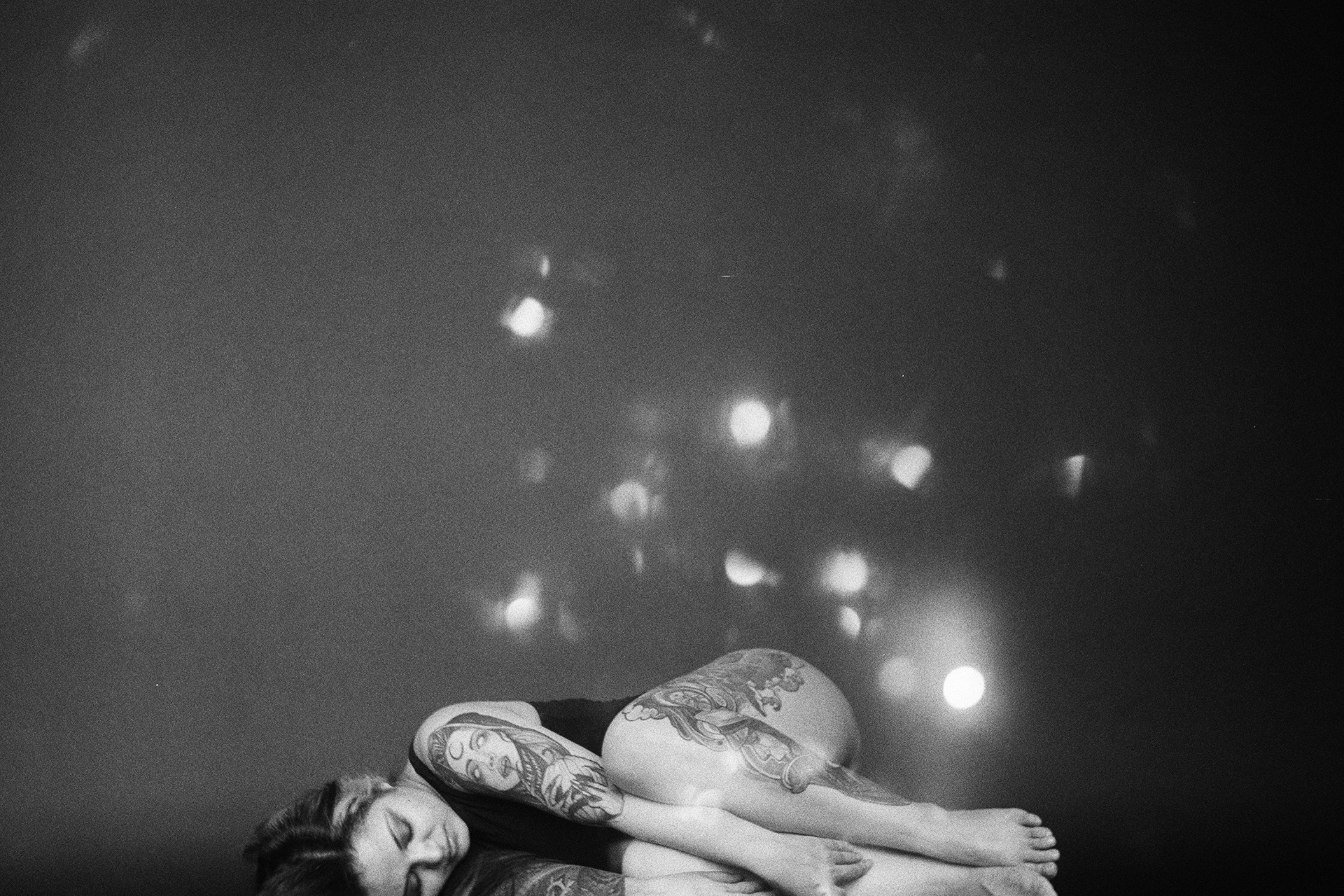
We all experience illnesses differently, but no one can support you as much as a person who is going through the same thing as you are. Like someone who is skeptical about sudden good mood swings or causeless anxiety and sadness. Enesha supported me greatly. And this is her story, this shooting is about her, about me, and about other people with bipolar disorder.
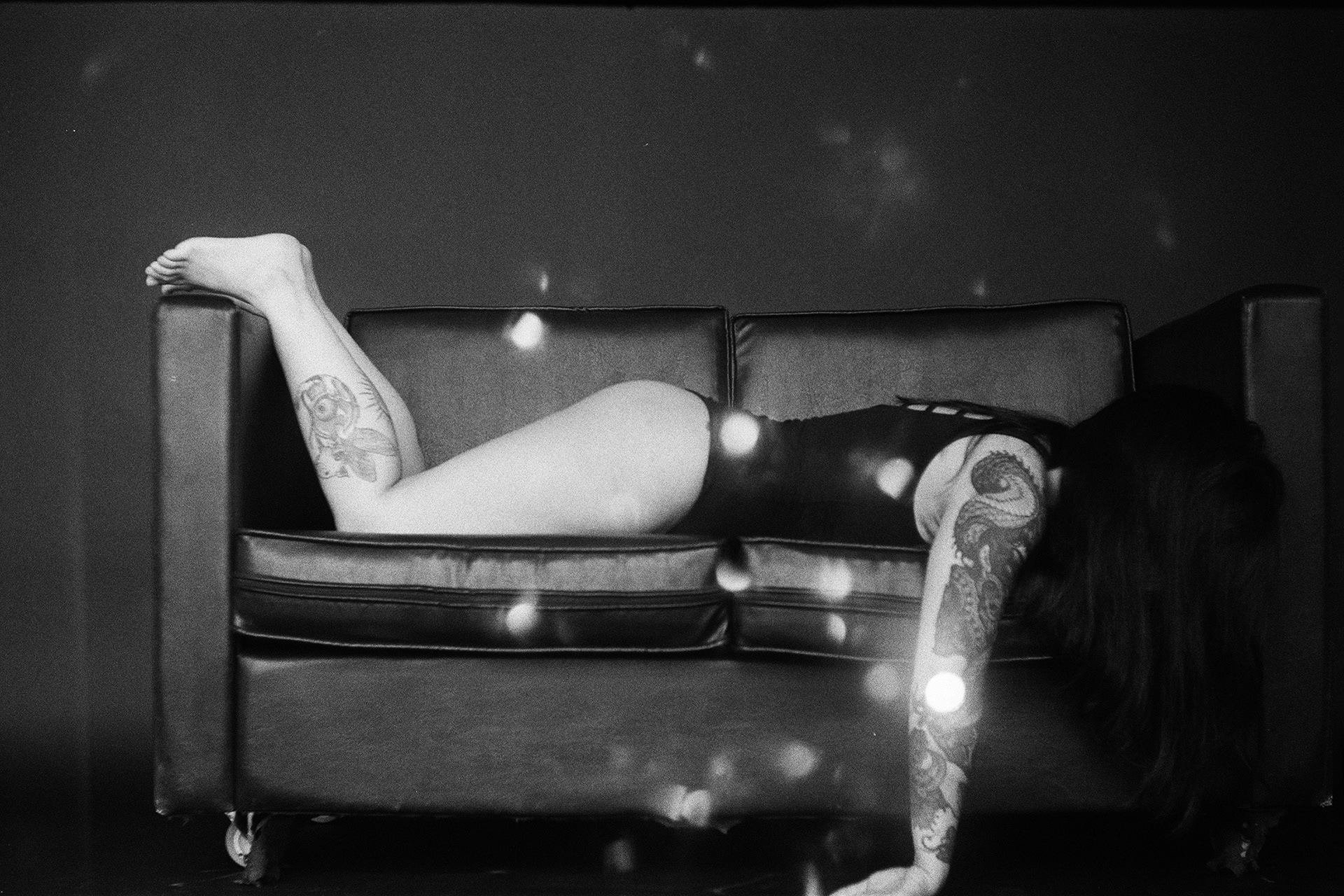
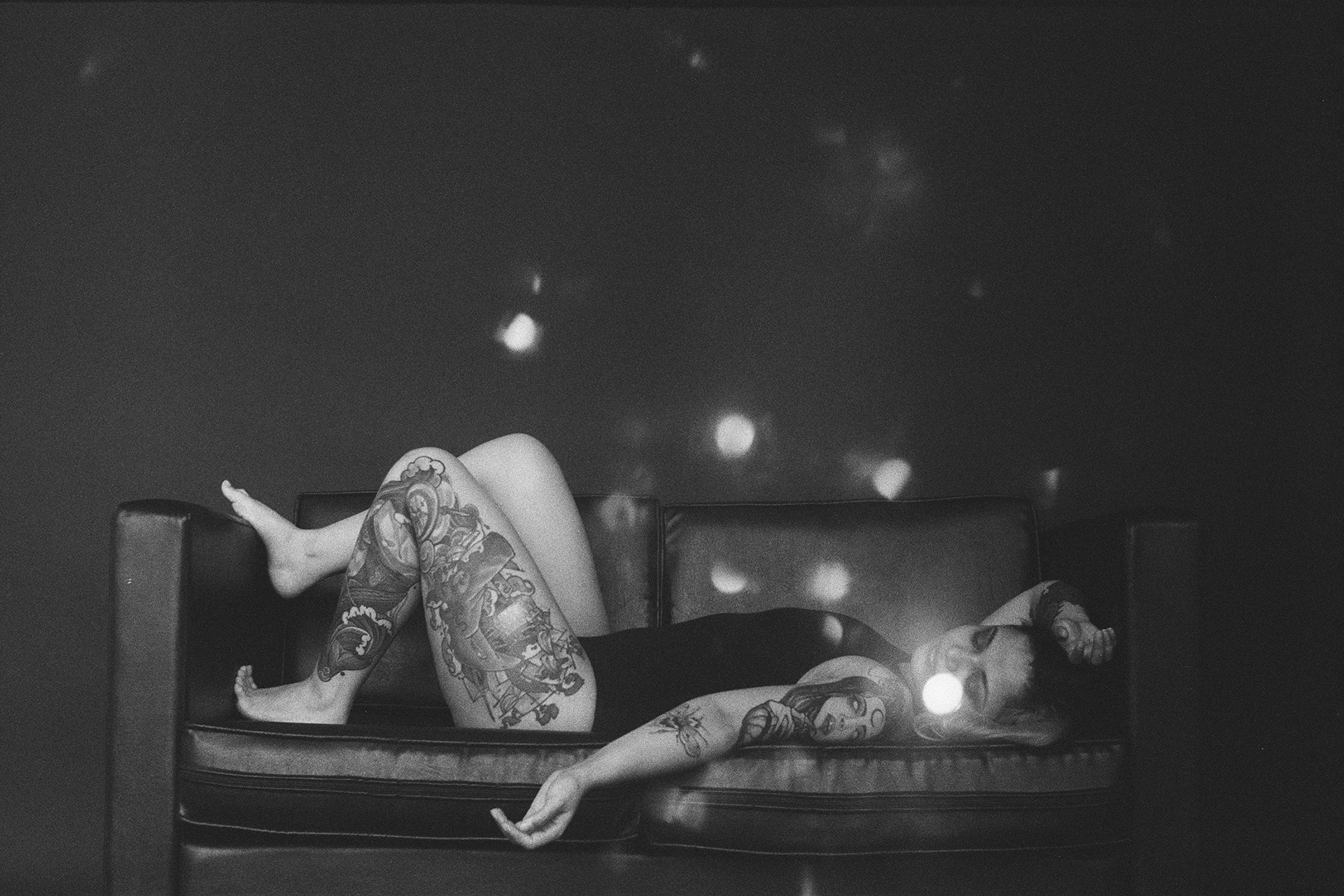
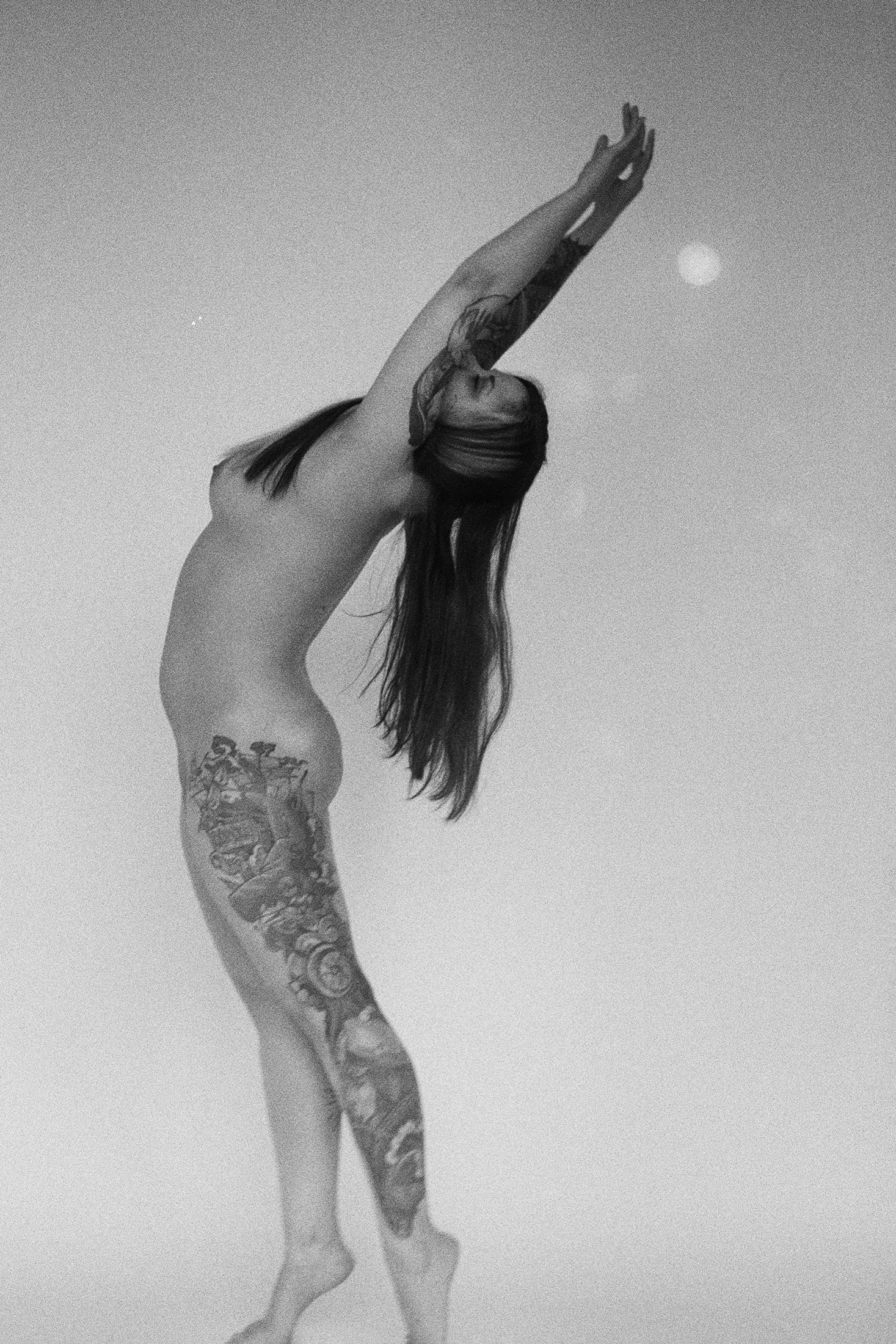
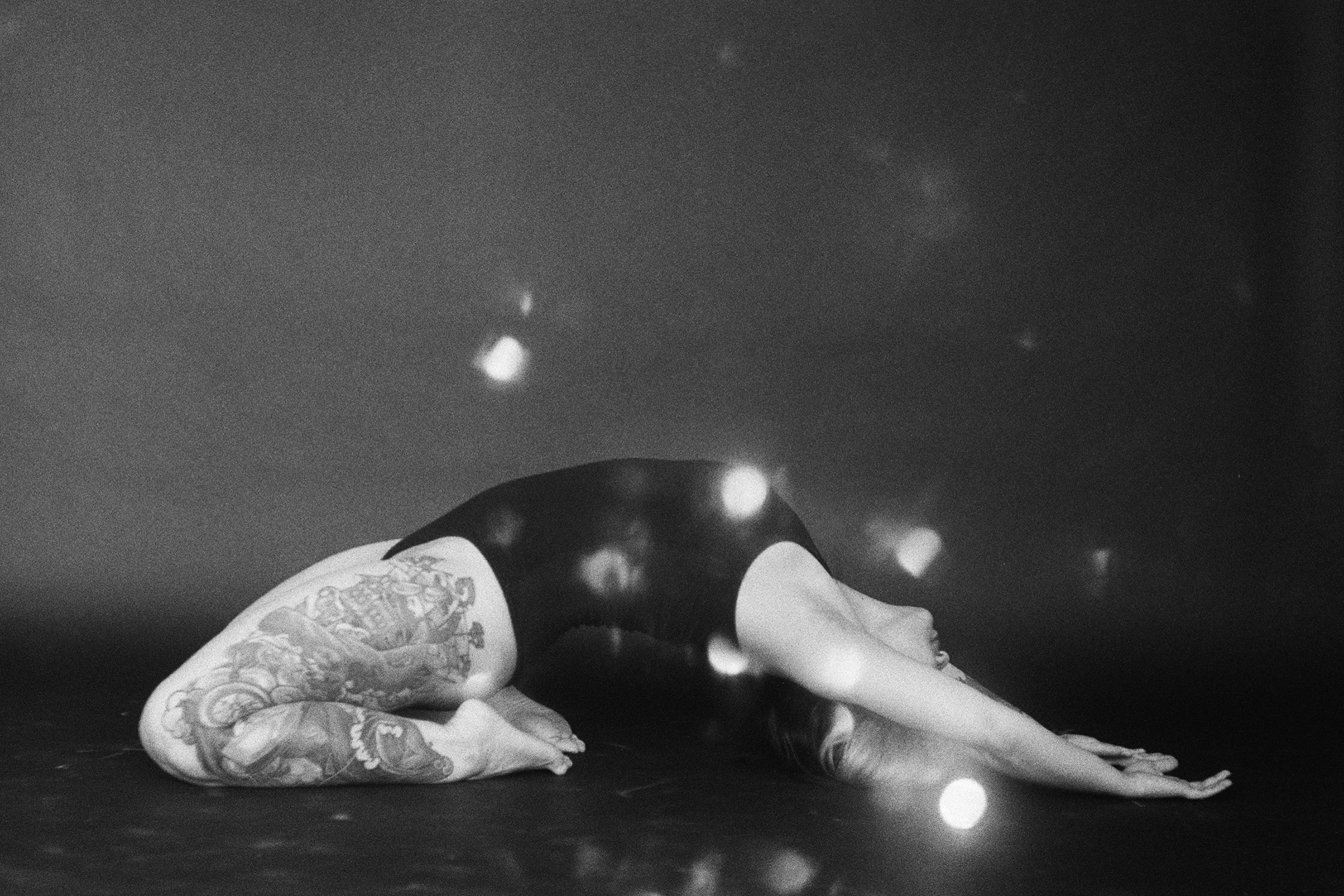
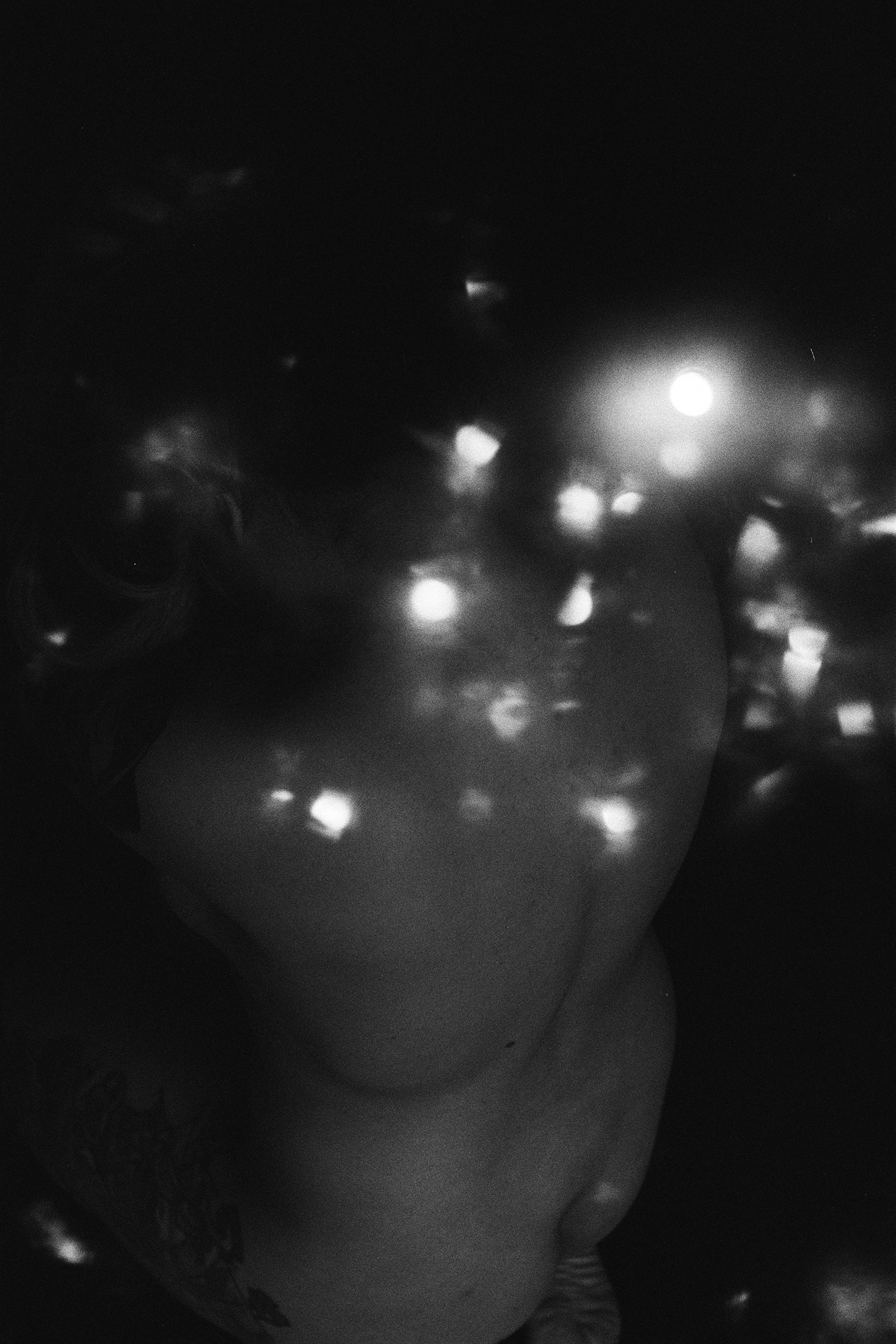
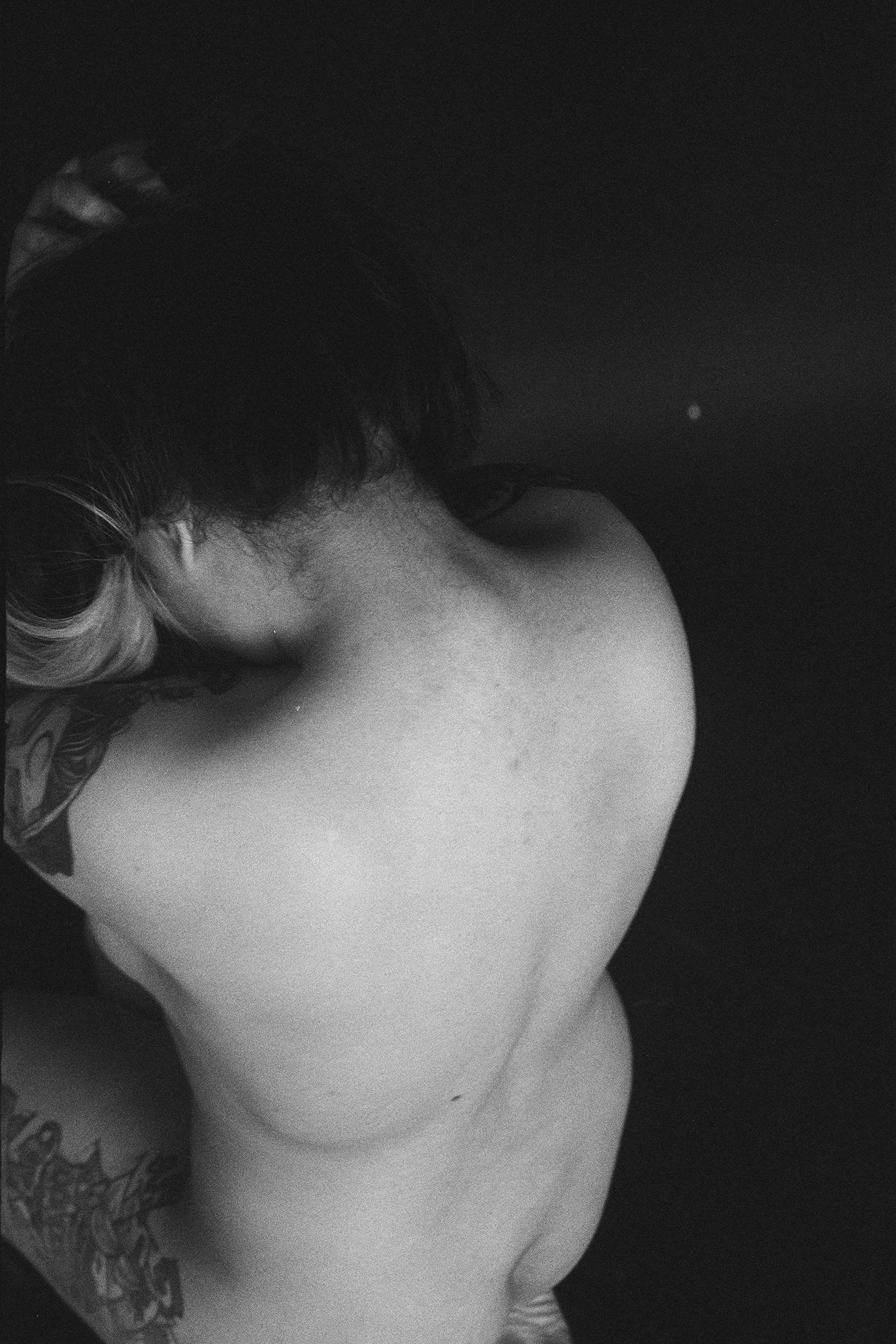
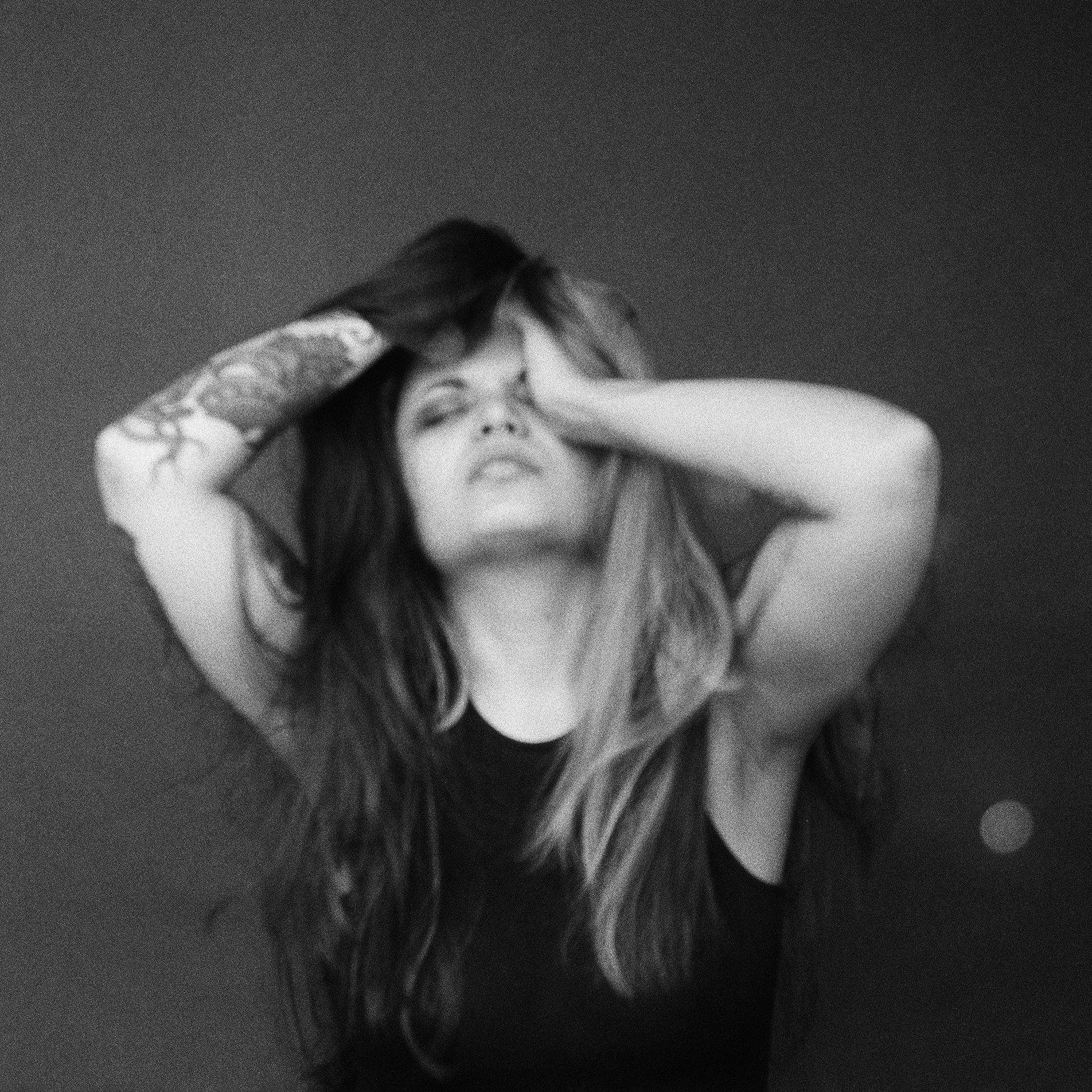
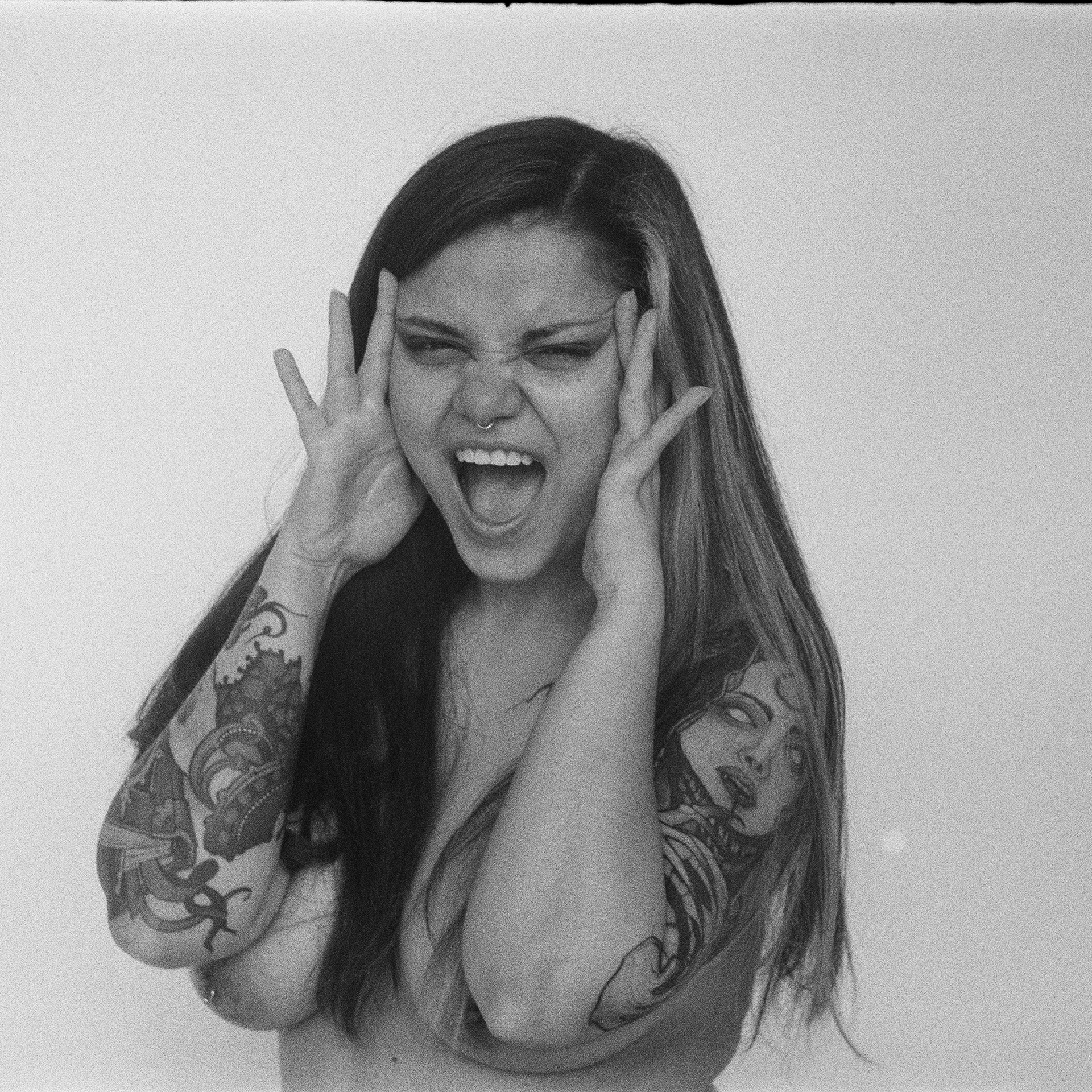
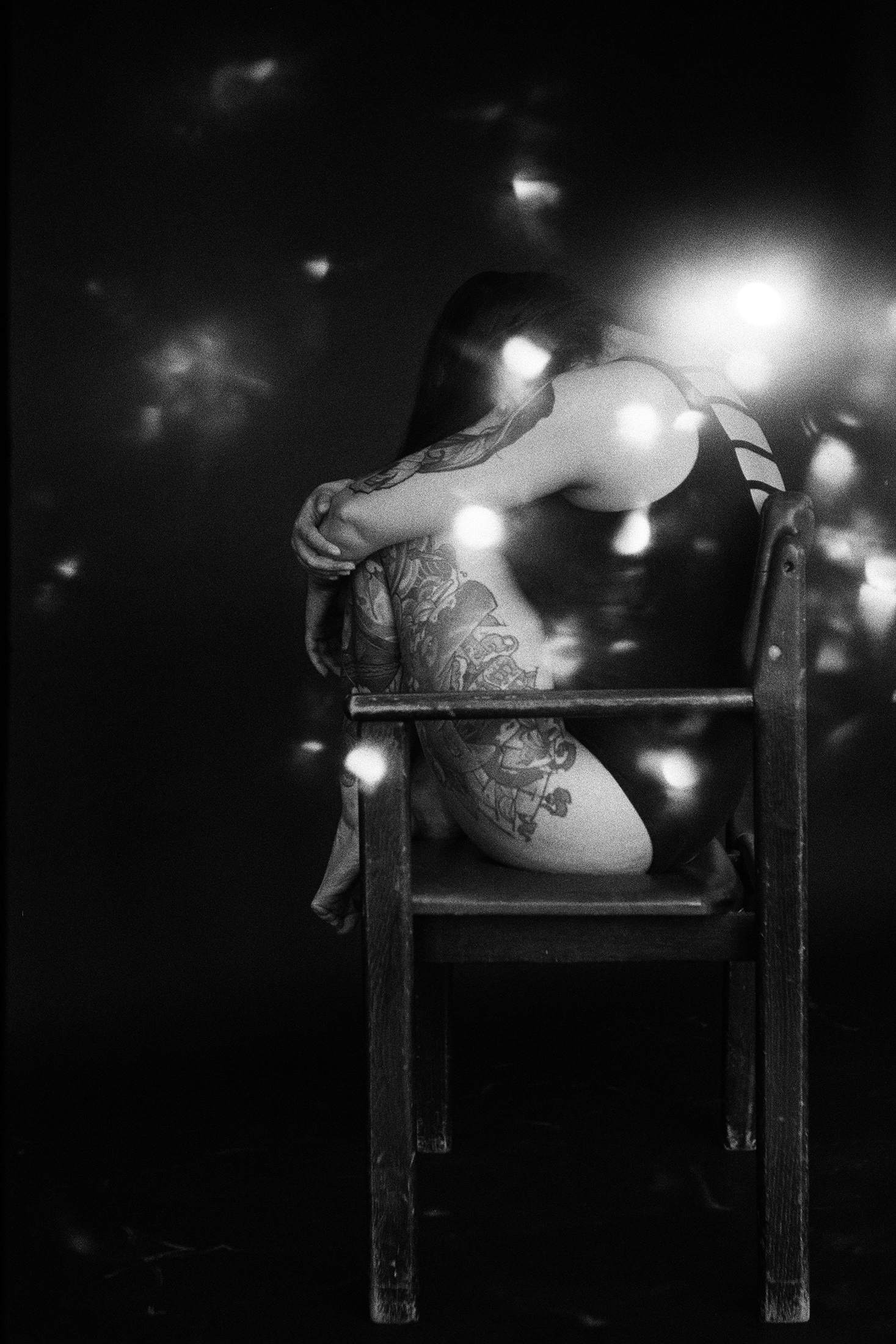
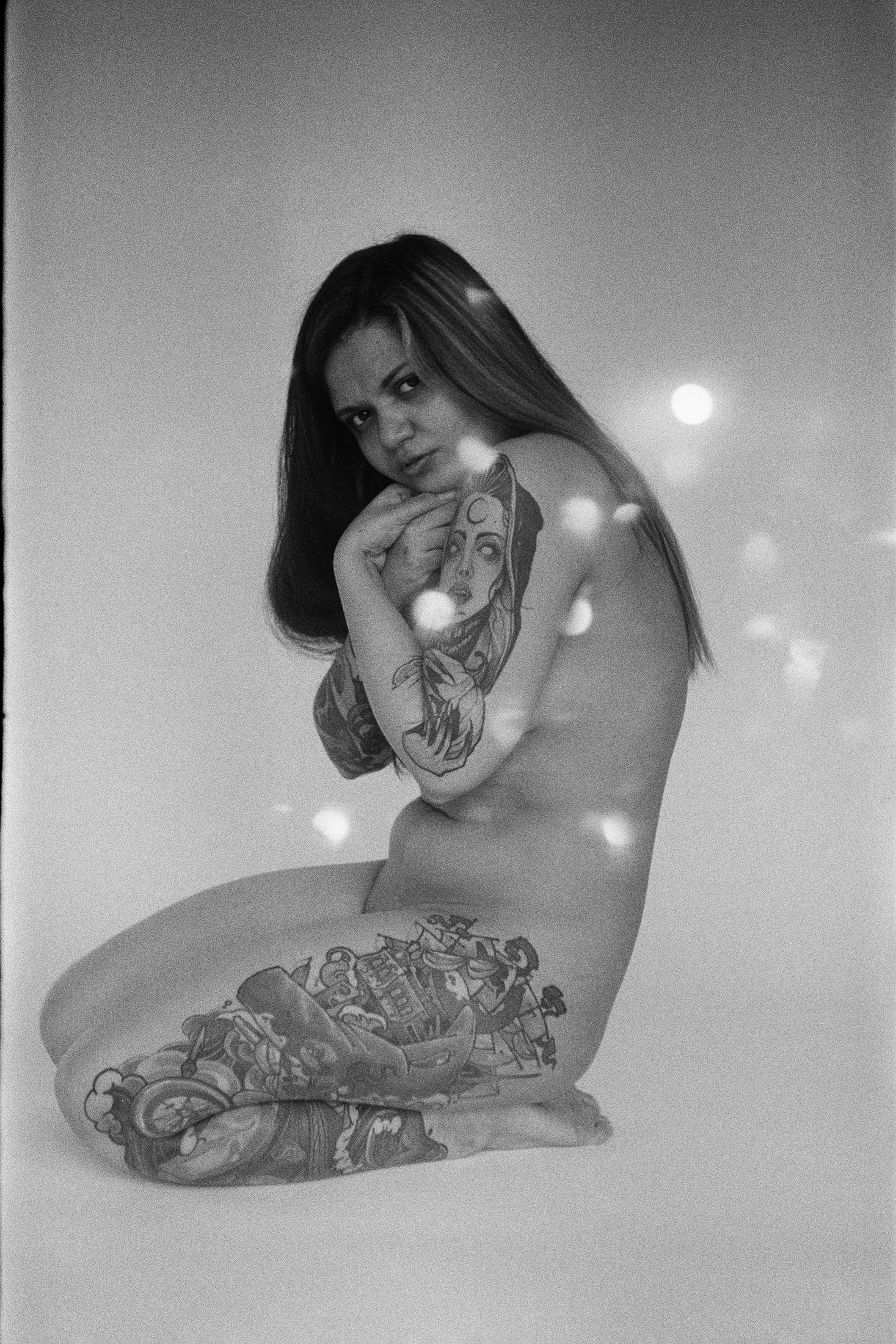
From Enesha:
Part 1. Before entering the university, everything was fine with my head. For some reason, this stage of life became a turning point for my mental health. Although life clearly began to improve if you look at it from the outside.
I first experienced anxiety about grades. Not some fear, like in school. Specifically, anxiety.
And the first eating disorder and, most importantly, the first depression.
Then I didn't know what it was called, but the feeling was definitely dark.
Part 2. So there's something wrong with me. I have no strength for anything, the future seems dark, suicidal thoughts appear for the first time.
This passes. And wow, something cool is starting. Energy overflow, I can go to university 6 days a week, work 20 hours, go to the gym 5 times a week, and attend German classes twice.
It seemed to me that this is who I am.
The eating disorder continues, the anxiety does not retreat, and depression inevitably awaits.
Then I was first prescribed antidepressants. Oh yes, I started going to a psychologist.
It definitely helped me, but not completely, because I didn't come to this decision myself. Mom insisted.
Part 3. The psychologist was abandoned, the depressions come and go. I already know that this is called depression. I already know that during this period I won't want to live, won't want anything!
And in 2020, after my mother's death, I went to a psychologist. It was a very traumatic event (obviously), and I knew I couldn't handle it alone.
After several sessions, the psychologist sent me to a psychiatrist.
And the psychiatrist said something terrible - bipolar disorder.
I resisted the diagnosis for a long time because it seemed like I didn't have any highs. I thought it was my normal state. That's who I am, energetic and cool. I didn't want to hear that it wasn't so.
Part 4. Life on pills. Now at least everything is clear, it's a little embarrassing to talk about the diagnosis. Scary that people won't understand. Sometimes it's embarrassing to deal with side effects, sometimes it's embarrassing that the pills don't always help.
Anything can happen. But it's nice that now control is on my side. Knowledge is power, as they say.
I have bipolar disorder. And I live with it. Sometimes it's good, sometimes it's bad...
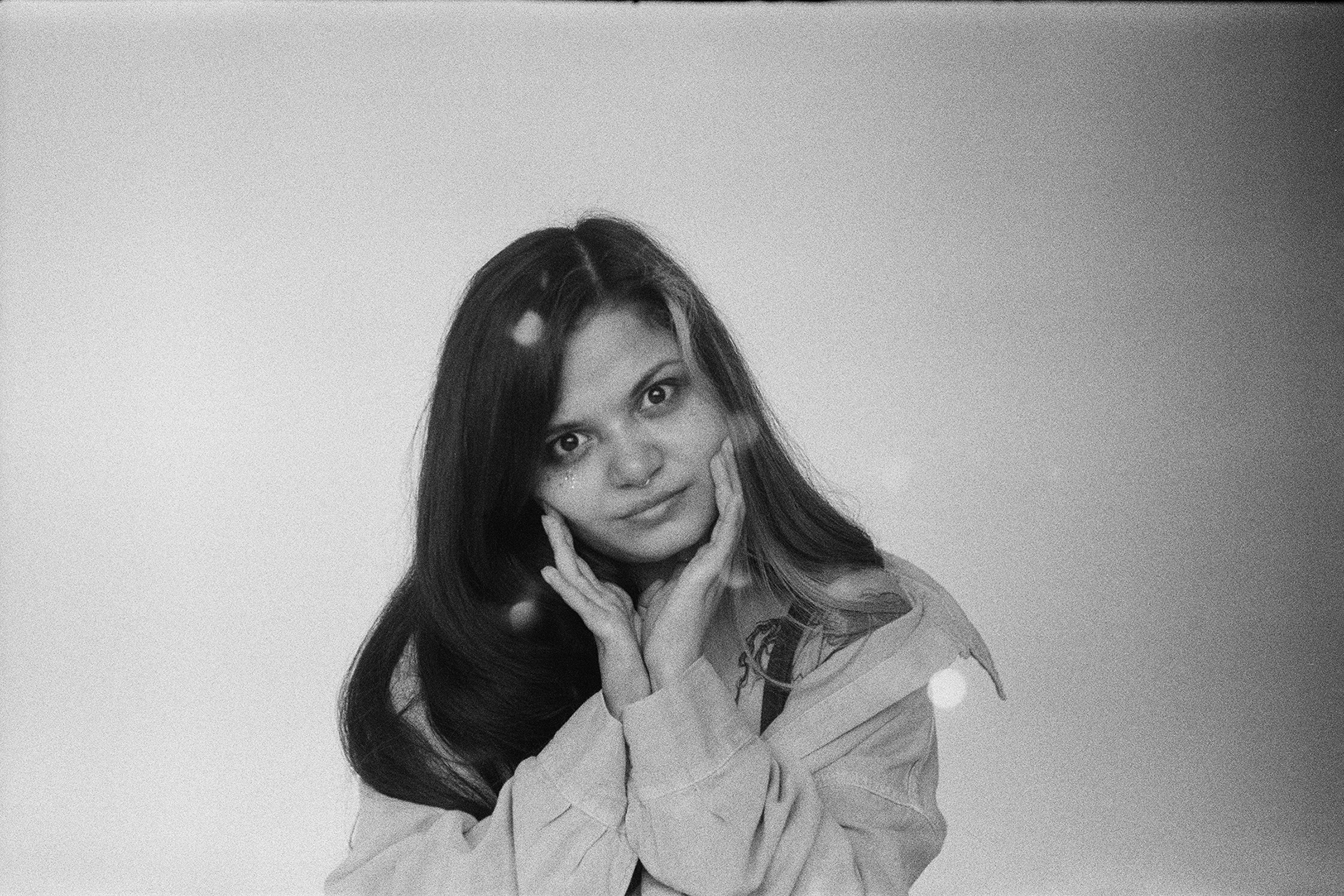
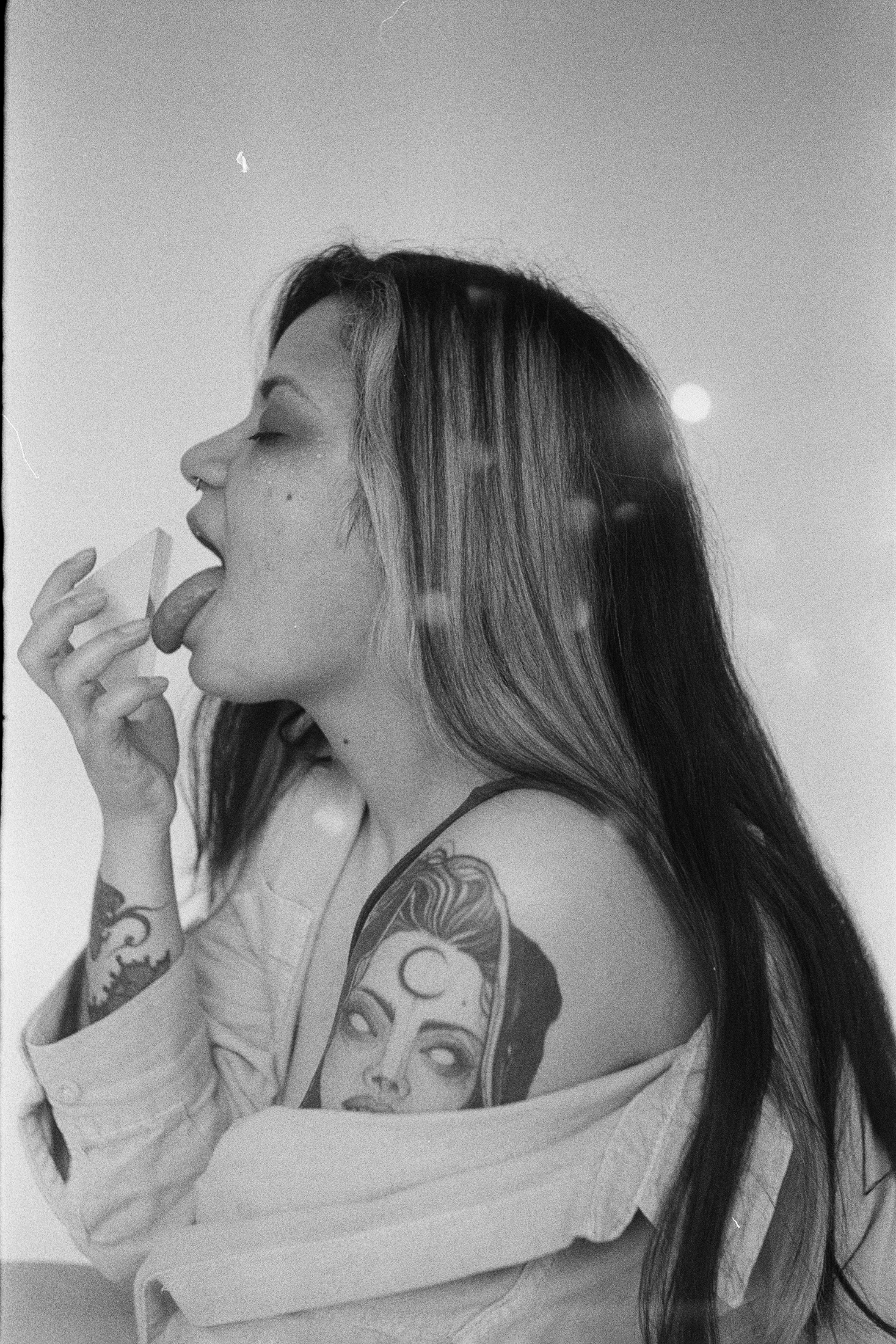
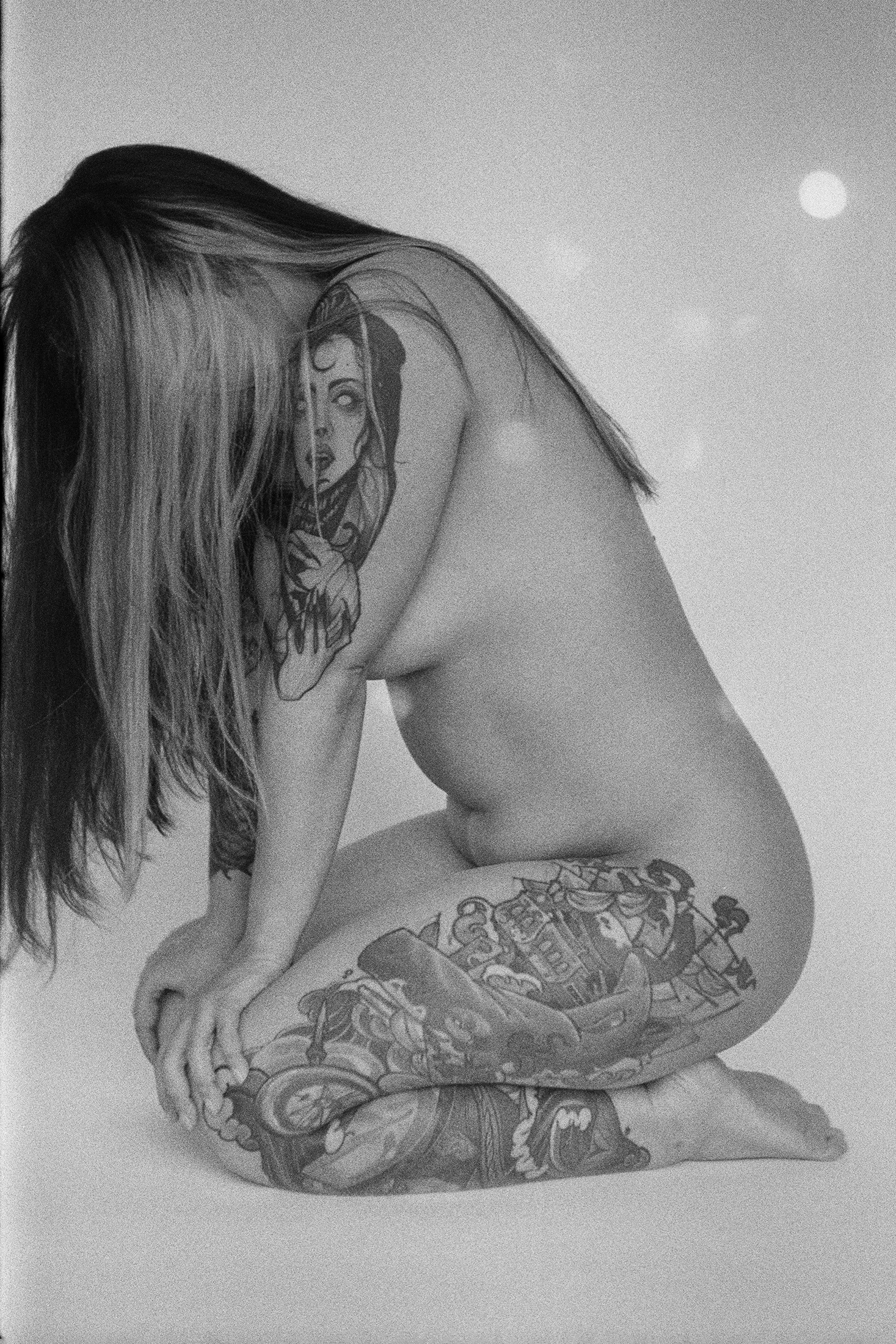
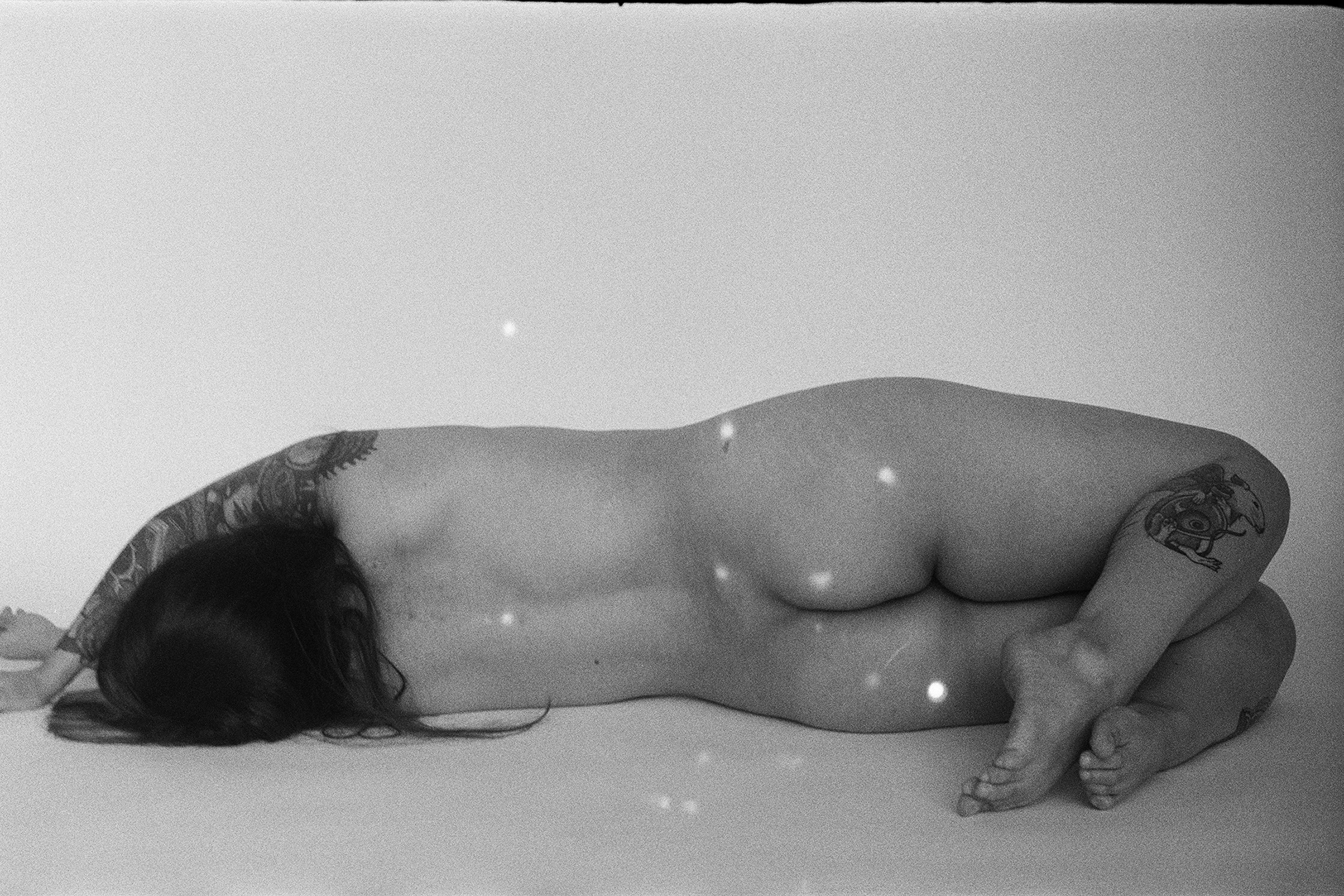
I know that I'm not the only one going through this, and I want to support everyone who is struggling right now. You are not alone, don't be afraid to ask for help if you are really struggling and need support.
Very often, bipolar disorder debuts as depression, which resolves on its own as manic episodes begin. Perhaps that's why not many are willing to go to a psychiatrist, because everything seems good, very good, too good.
From Enesha:
During depression, I don't feel anything. Literally nothing. Imagine darkness, as black as the blackest paint that creates a 2D object. That's exactly what my feelings turn into. I don't want to wake up. I want sleep to last forever. And when it ends, the brain tries hard to come up with something to do, so that everything doesn't become dark again.
But during mania, you feel amazing. Just a little bit and you're a superhero with superpowers. You don't want to sleep, ideas flow, everything is bright and joyful and a little crazy. It's so much that you even forget what boredom is. Your thoughts are like a million ants, going back and forth.